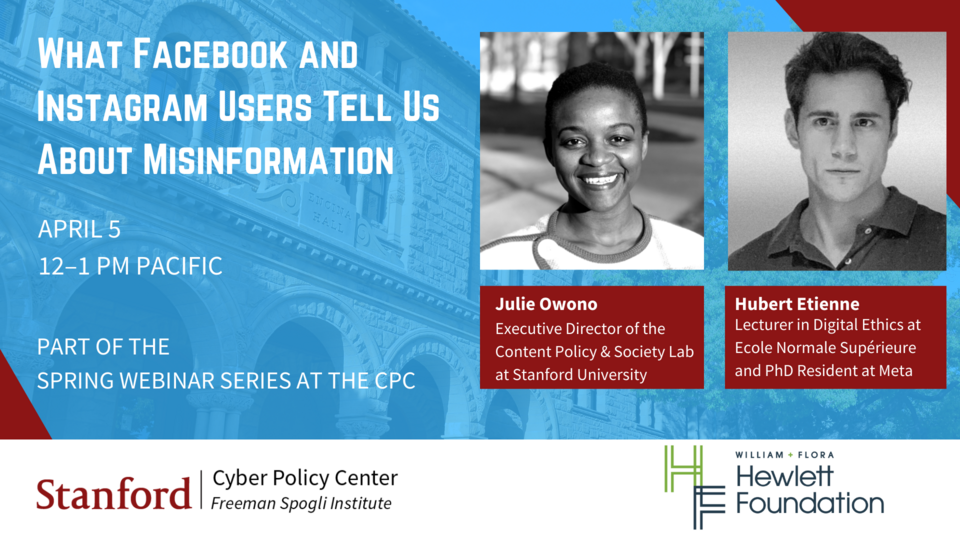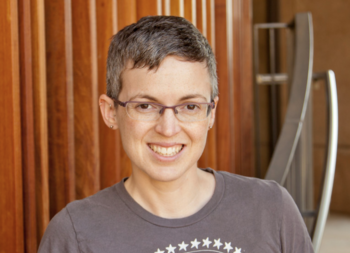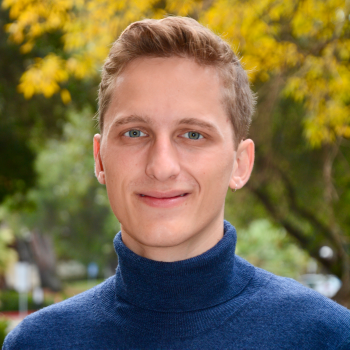The Rule of Law in The EU: Commission Enforcement and Democratic Backsliding in Poland and Hungary
The rise of far-right populism in European Union (EU) member states such as Poland and Hungary has posed challenges to democracy and the rule of law few had anticipated as recently as a decade ago. European Commission action to counter rule of law violations has been weak. This panel will discuss the recent democratic backsliding in Poland and Hungary and the EU's (lack of) response to it. Particular attention will be paid to the April 3 Hungarian elections and the impact of the war in Ukraine.
Panel



Moderator

Anna Grzymała-Busse
Encina Hall
616 Jane Stanford Way
Stanford, CA 94305
Anna Grzymała-Busse is a professor in the Department of Political Science, the Michelle and Kevin Douglas Professor of International Studies, senior fellow at the Freeman Spogli Institute for International Studies and the director of The Europe Center. Her research interests include political parties, state development and transformation, informal political institutions, religion and politics, and post-communist politics.
In her first book, Redeeming the Communist Past, she examined the paradox of the communist successor parties in East Central Europe: incompetent as authoritarian rulers of the communist party-state, several then succeeded as democratic competitors after the collapse of these communist regimes in 1989.
Rebuilding Leviathan, her second book project, investigated the role of political parties and party competition in the reconstruction of the post-communist state. Unless checked by a robust competition, democratic governing parties simultaneously rebuilt the state and ensured their own survival by building in enormous discretion into new state institutions.
Anna's third book, Nations Under God, examines why some churches have been able to wield enormous policy influence. Others have failed to do so, even in very religious countries. Where religious and national identities have historically fused, churches gained great moral authority, and subsequently covert and direct access to state institutions. It was this institutional access, rather than either partisan coalitions or electoral mobilization, that allowed some churches to become so powerful.
Anna's most recent book, Sacred Foundations: The Religious and Medieval Roots of the European State argues that the medieval church was a fundamental force in European state formation.
Other areas of interest include informal institutions, the impact of European Union membership on politics in newer member countries, and the role of temporality and causal mechanisms in social science explanations.














